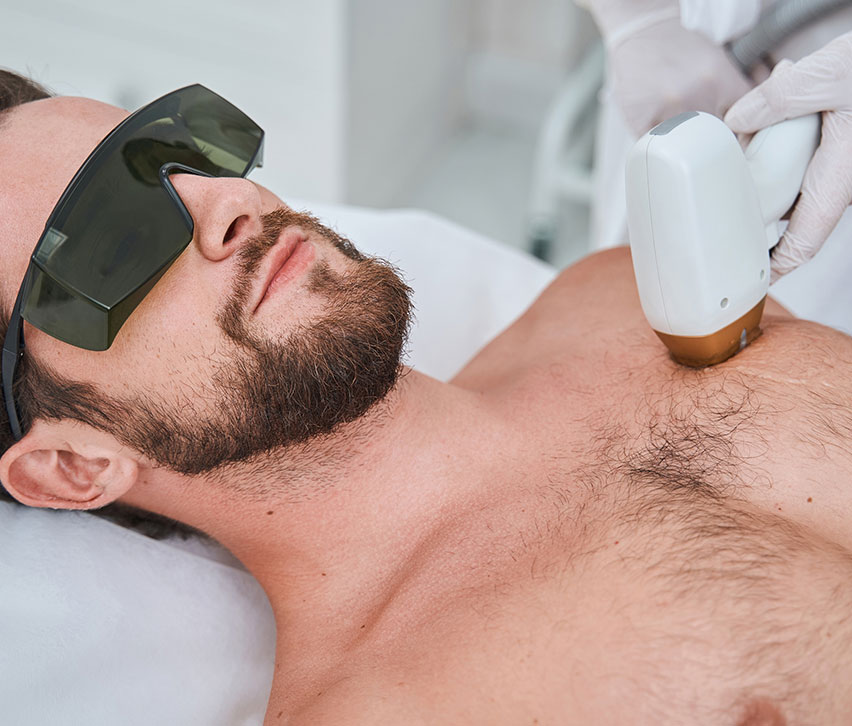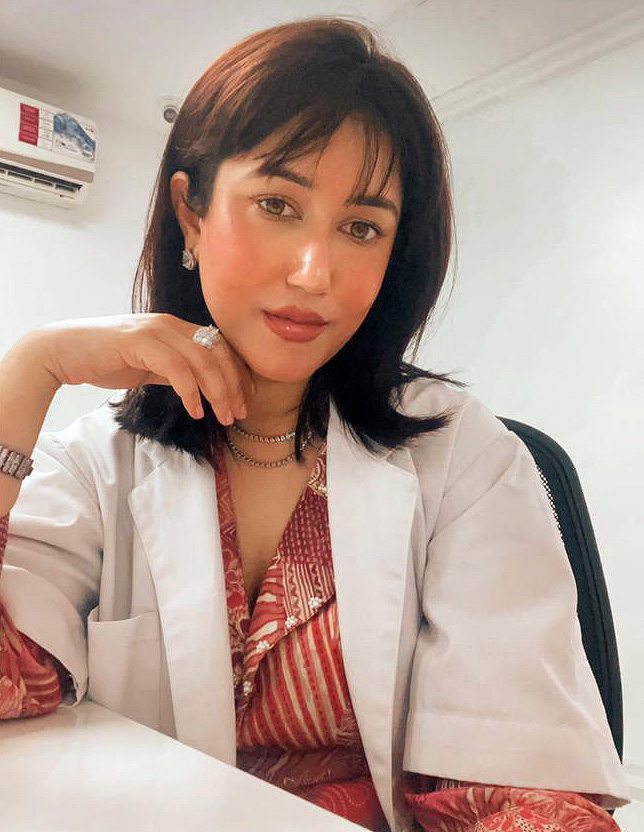
Hair loss, also known as alopecia, is a condition characterized by the partial or complete loss of hair from areas where it typically grows, such as the scalp, eyebrows, and eyelashes.
Frequently Asked Questions
Hair loss, also known as alopecia, is a condition characterized by the partial or complete loss of hair from areas where it typically grows, such as the scalp, eyebrows, and eyelashes.
Hair loss can result from various factors, including genetics, hormonal changes, medical conditions (e.g., alopecia areata, thyroid disorders), medications, stress, and physical trauma.
Yes, hair loss is a common issue that can affect people of all ages and genders. It is particularly common as individuals age, but it can also occur in younger individuals.
Yes, there are several types of hair loss, including androgenetic alopecia (male and female pattern baldness), alopecia areata (patchy hair loss), telogen effluvium (temporary shedding), and traction alopecia (caused by tight hairstyles).
The permanence of hair loss depends on the underlying cause. Some types of hair loss are temporary and can be reversed with appropriate treatment, while others may be permanent.
Yes, various treatments are available for hair loss, including medications (e.g., minoxidil, finasteride), hair growth therapies (e.g., platelet-rich plasma or PRP therapy), low-level laser therapy (LLLT), and surgical procedures like hair transplantation.
In some cases, hair loss can be prevented or delayed through a healthy lifestyle, managing stress, avoiding harsh hairstyles or treatments, and addressing underlying medical conditions. However, hereditary hair loss may not be preventable.
If you notice excessive or sudden hair loss, it is advisable to consult a healthcare provider or dermatologist. They can determine the cause of your hair loss and recommend appropriate treatment options.
Some hair loss treatments may have side effects, and their effectiveness can vary from person to person. It’s essential to discuss potential side effects and risks with a healthcare provider before starting any treatment.
A well-balanced diet rich in essential nutrients, such as vitamins, minerals, and proteins, is essential for healthy hair growth. However, dietary changes alone may not be a cure for hereditary hair loss.


